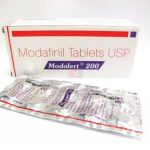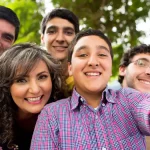A moe primary school science syllabus is a list of topics taught in an early childhood education component. A science syllabus addresses the scientific method and introduces the processes used in a scientific inquiry, such as observation, hypothesis, experimentation, and analysis.
The purpose of science education
Science facts are important, but they are not the whole purpose of science education. Science education aims to help students develop a process for understanding the natural world. In many ways, this process is not that different from the processes we use for other types of knowledge. Science facts are taught to motivate students to learn about some phenomenon and then apply that learning in a concrete situation. The purpose of moe primary school science syllabus is to teach children how to do science.
Science is the process of generating, assessing, and communicating useful knowledge. This includes the knowledge needed to design and make scientific instruments and the knowledge needed to interpret scientific results.

Science education should cover three general areas:
- The methods of science, including observation and measurement, data analysis, problem formulation, solution, etc., (sometimes called the “scientific method”).
- Science as a human endeavor, including its cultural aspects such as the history of science and the relationship between science and other disciplines sometimes called science studies.
- Science content: The particular body of scientific knowledge that students will learn during their time in school (sometimes called “science literacy”). Science education has a purpose. It is not to fill young people’s heads with facts or teach them how to do science. It gives them a taste of what science is and why it is important. Science has its language, its own culture, and its way of looking at things. By experiencing this way of thinking, even in a small way, children can better understand what they might want to do when they grow up.
How to teach science in primary school
Every literate adult in the developed world should have a basic grasp of science. Not necessarily the details, but enough to ask informed questions, know what the experts are talking about, and make it possible for their elected representatives to tell whether or not their policy proposals are likely to make things better. There are two ways to approach this problem: teach more science or teach it better. The first option is tempting because we could teach so much more. But realistically, there’s only so much time in the curriculum, so we’ll have to focus on making what we teach better rather than adding new topics.
This helps explain why science can be taught in primary school, even though it involves abstract concepts like force and energy that may seem very hard to grasp. We learn to use abstractions when we are young to learn the abstractions of science when we are older.









